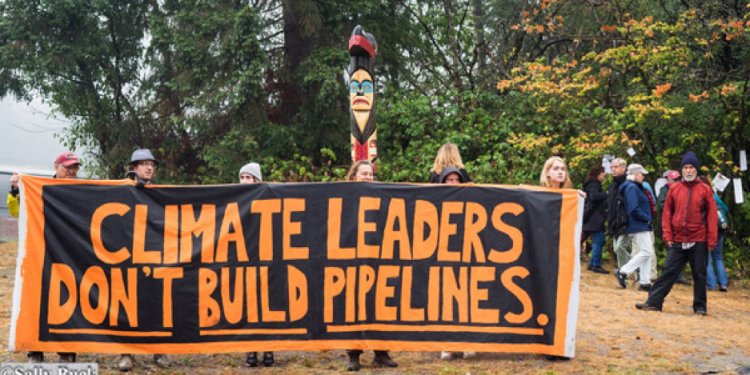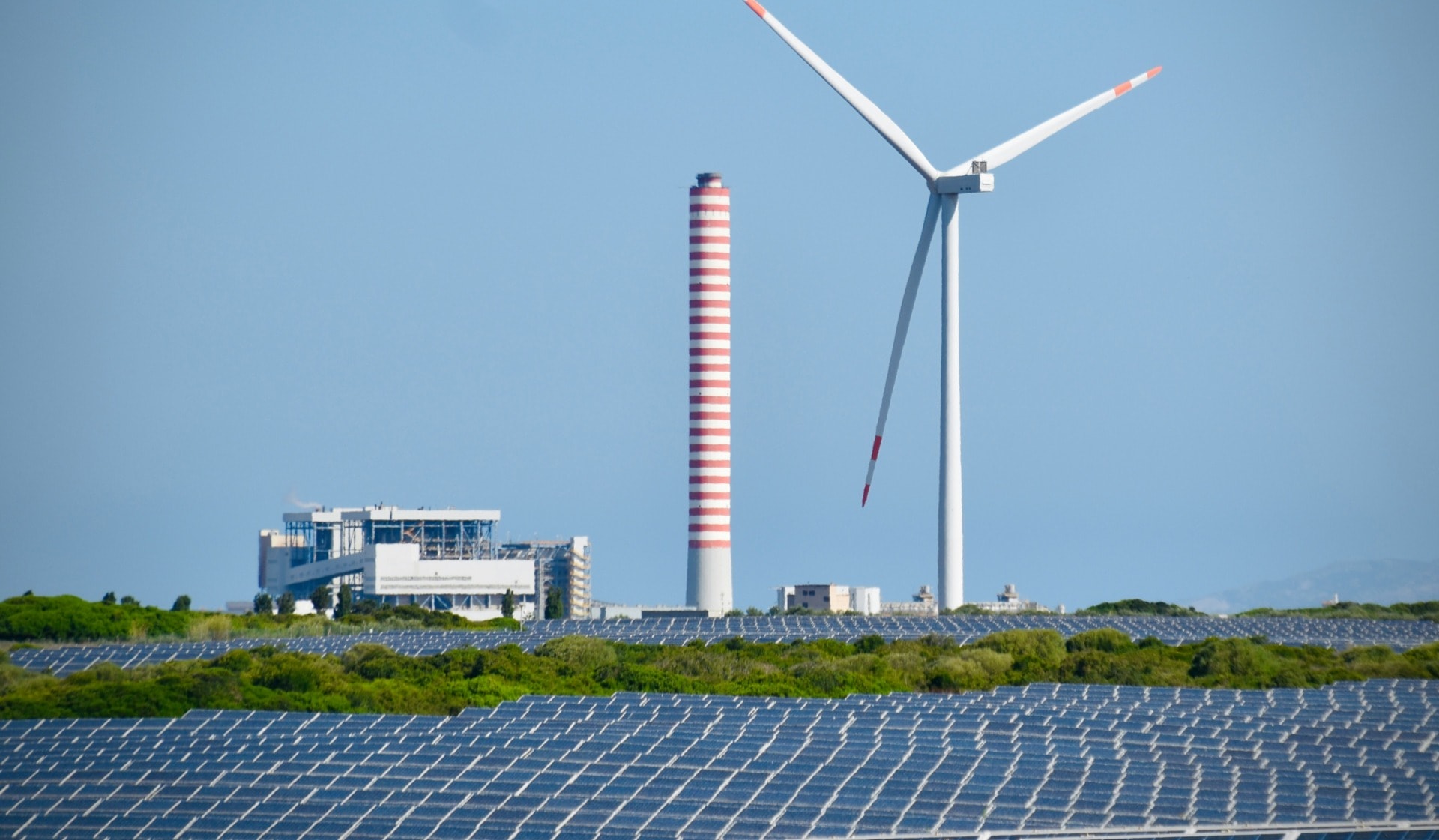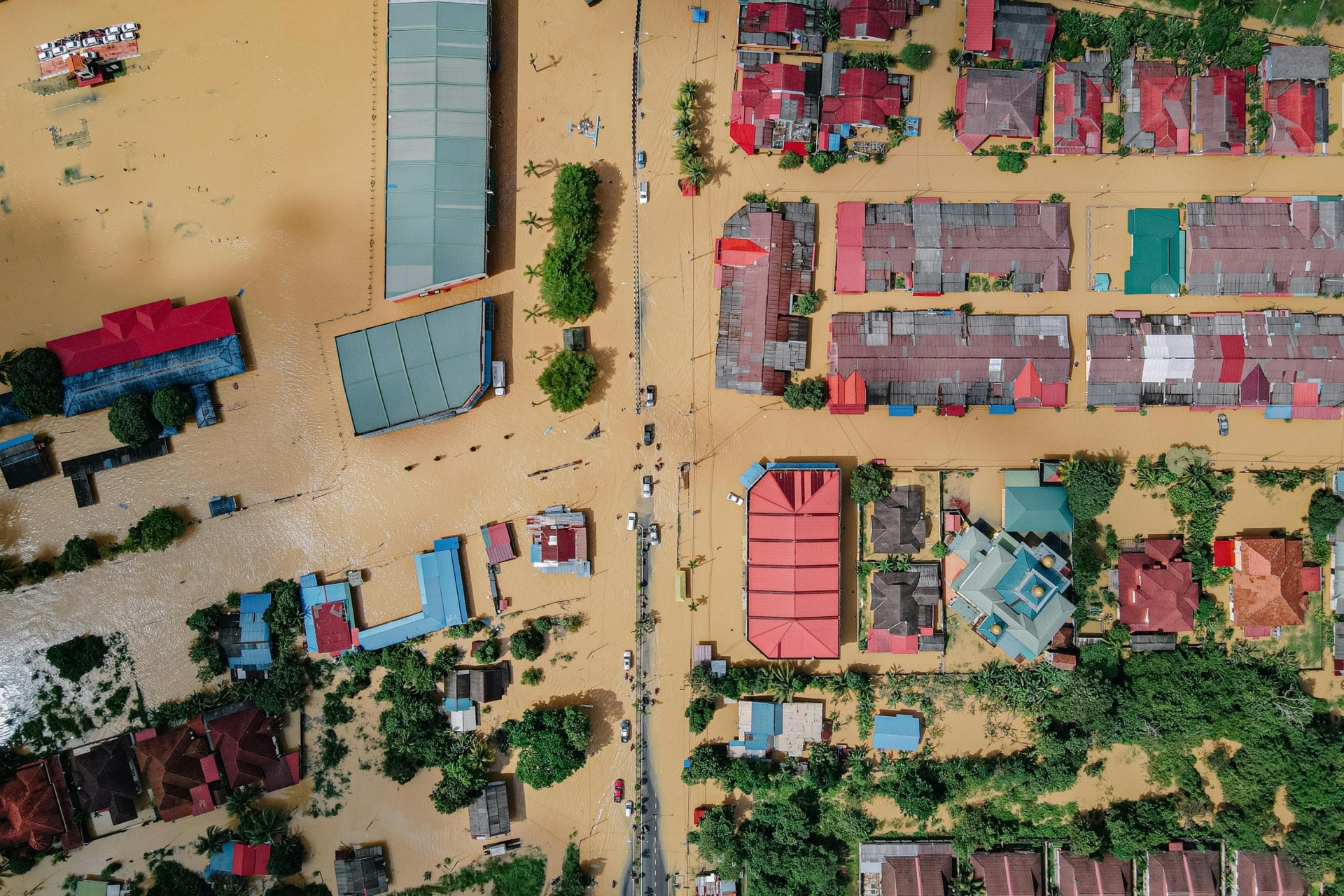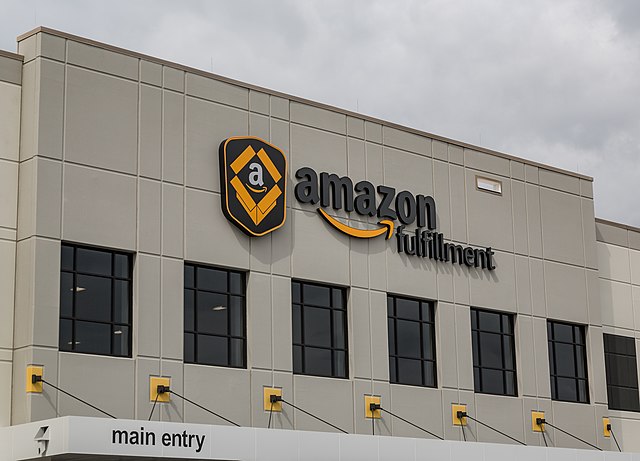Most Canadians recognize that Canada must do its part to address the Climate Crisis. However, as is the case in other countries, the actions taken by its political leaders have fallen flat and been nothing more than a failure. Promises were made to secure electoral power, but then those promises are kicked down the road or completely abandoned.
In this article I discuss this statement in-depth from the Canadian experience – and centralize my focus on the contentious oil pipeline infrastructure project referred to as the Trans Mountain Pipeline Expansion or TMX. This project clearly demonstrates the overall failure of our government and its continued focus on pandering to the corporate interests over the health of all life on our planet. It is my hope to add impetus to the effort to cancel this horrendous – and backwards – project.
Four years ago, in 2015, Canada held its last federal election. The Liberal Party led by Justin Trudeau recorded a majority electoral mandate. Their success was driven by a list of promises made during the campaign including vigorous action to fight climate change, electoral reform, and the elimination of fossil fuel subsidies. This was music to my ears – as it was for many other Canadians.
Editors Picks-Related Articles
CHOOSE WISELY-A COMPARSION OF CLIMATE CHANGE PLANS OF THE FEDERAL PARTIES IN CANADA by Abhijeet Manay
WHY VOTE GREEN? BECAUSE ITS THE ONLY VOTE THAT MATTERS by Greg De Luca
GOING GREEN IN CANADA by Steven Hobé
Fast forward to today, and the key promises made were not kept. The Climate Crisis has deepened, our window to take proactive action has shrunk, and the important promise of hope has been depressed.
- Fighting Climate Change. The Liberals promised progress to meet the Paris Accord targets. However, Canada’s emissions have only gone up since the 2015 election. This is echoed by the Environment Commissioner Julie Gelfand in her official report issued this past April. “For decades, successive federal governments have failed to reach their targets for reducing greenhouse-gas emissions, and the federal government is not ready to adapt to a changing climate.” This is a failure that has gone on for far too long.
- Electoral Reform. The promise made in 2015 : “We are committed to ensuring that 2015 will be the last federal election conducted under the first-past-the-post voting system.” Even under a majority mandate this has not been delivered. We are into the final months of the next election cycle, and there has not been any change. Another failure.
- Eliminating Fossil Fuel Subsidies. On the surface this should be a pretty simple promise made that should be achieved: “We will fulfill our G20 commitment and phase out subsidies for the fossil fuel industry”. But now, we find out that they cannot even find them and cannot come up with a definition on what they are! That is a stunning cop-out! Their new pledge is to eliminate them by 2025.
 In the Photo: A handful of Tar Sands Photo Credit: Suncor
In the Photo: A handful of Tar Sands Photo Credit: Suncor
The promise of hope has vanished. I feel conned. The promises made in the 2015 election that inspired me and millions of Canadians were not kept. It got them elected with a majority – and now that it is time to once again head to the polling booth to cast our ballots, they have recycled their promises expecting another electoral victory. I am outraged. It brings me to immediate mind of the lyrics from the 1971 song by The Who: Won’t Get Fooled Again: “Meet the new boss … same as the old boss … We won’t get fooled again.”
It is true that they have acknowledged the warnings presented to them, which explains their verbal commitment to the Paris Accord and their pledge to keep emissions at 1.5 degrees Celsius. They even made a formal declaration of a Climate Emergency just this past June 17. They make promises to act. But the required courage to put words into action is completely absent.
The Canadian experience is even worse than a failure to act. We are actually going backwards – it is simply business as usual. Last year, our leaders purchased a tar sands oil pipeline from the oil industry with the sole intention to expand it to double its capacity. This came at a cost to our taxpayers of $4.5-Billion just to purchase it.
This oil pipeline purchase was the last straw for me. My belief in the promises made by the Liberal Party ended, and my hopes for action on the Climate Crisis were shattered. It symbolized my personal tipping point for hope that Canada was doing its part. My hope that Canada would be a leader in action and courage vanished.
Our current leaders do not have the morality to hold to their promises and convictions. They do not have the courage to act. This propelled me to run in this federal election for the Green Party of Canada. We need new leaders. The future of all life is at stake – and for me personally that means the futures of my kids and grandkids.
It is this pipeline purchase and expansion plans that has triggered my outrage and inspired me to take proactive action. The Trans Mountain Pipeline purchase and expansion effort is not the only action of negative consequence in Canada. But let’s explore the sheer magnitude of the consequences and wrong direction reflected in this action. I present seven negative consequences from this initiative. My objective is to share them – and hopefully apply enough pressure to have it never proceed. I am hoping to kill this pipeline expansion effort once and for all.
The Stunning Hypocrisy
On June 17 of this year, a Climate Emergency was declared by the Canadian federal government. On June 18 – the very next day – the Liberal Government approved the expansion of the Trans Mountain Pipeline Expansion. This committed to actual construction starting on the second pipeline span – even though all the required approvals were not in-place.
Inside a 48-hour period, these two inconsistent and contradictory actions took place. The governing Liberals’ position is that they are completely separate initiatives. They represent a failure in both logic and execution. It is as if we entered World War II on Monday and on Tuesday gave a $12-Billion subsidy to Hitler specifically to buy more arms. This is not how you fight a war.
Stopping Fossil Fuel Subsidies by Giving More Subsidies (aka More Hypocrisy)
The economic benefit goes directly to the tar sands bitumen producers. While we need to eliminate subsidizing carbon polluters; this is a massive subsidy to the oil industry.
In the 2015 election campaign the Liberals promised to eliminate fossil fuel subsidies, but going in to the next election cycle, that have done the exact opposite. Without the TMX, Canada issues some $3.3-Billion in annual subsidies to the fossil fuel industry. The fact that the public taxpayer is on the hook to pay for this creates a massive subsidy to the fossil fuel industry.
This TMX purchase in 2018 did not take away subsidies as were promised, but added another $4.5-Billion to them. But it did not stop there. They doubled down on them this year to construct the TMX pipeline expansion that added at least another $9.3-Billion to those. So the bottom line is that instead of eliminating these $3.3-Billion in subsidies, we added at least another $13.8-Billion to the total.
This concern would go away if the oil companies paid for it. But they aren’t. The Canadian taxpayers are paying for it. While our society pays the bill – they just run to the bank. Call it what it is: A massive subsidy to the fossil fuel industry.
 In the Photo: Tar sands mining in Alberta, Canada Photo Credit: Dru Oja Jay, Dominion. Licensed under Creative Commons Attribution 2.0 Generic
In the Photo: Tar sands mining in Alberta, Canada Photo Credit: Dru Oja Jay, Dominion. Licensed under Creative Commons Attribution 2.0 Generic
The Financial Math is Very Bad
The current best guess cost estimate for this infrastructure commitment is $9.3-Billion. If that is not bad enough, we have not been presented with a life-span estimate for how long this infrastructure will operate. What infrastructure project gets ‘green lighted’ without its life-span (from which it can be amortized or depreciated over)? Let’s examine the amortization period using the facts we already have. This is important.
The existing Trans Mountain Pipeline is now over 65-years old; still operating since commissioned in 1953. I will assume that the new one would be built to better construction standards than were available in the 1950s. So, the lifespan would be at least 65-years (and likely well beyond that).
There is a very big problem here. The science community has given us clear targets – which we have acknowledged. Our carbon emissions must reach a 30% reduction by 2030, and a complete cessation by 2050. These are the targets we have committed to by signing on to the Paris Accord.
This pipeline would be completed – at the earliest – in 2021. So, we can only effectively use it for 9-years at best. We would be building an expensive infrastructure with a life span of at least 65-years (taking it to 2086) but can only derive benefit for 9-years (to 2030). This is not the kind of accounting and basic math that demonstrates a good investment – specifically when it is the taxpayers’ money.
A 9-year life span horizon makes it a very bad financial investment. No wonder why the oil companies aren’t footing the bill! They have done the math. This also explains why Finance Minister Morneau failed to provide a life-span estimate for it when directly asked. His answer would doom the project on purely financial terms. It’s a bad investment – and they know it! The Liberal Government is conning Canadians into paying for a project that is a clear money-losing proposition while also being a direct action that contradicts the Climate Emergency declared a few months ago.
There is a Con-Game at Play
Making this bad investment worse, the Government is calling on the communities along the proposed span to share in the “opportunity” to invest in this project. They are being asked to make this investment without a firm accounting of the benefit (which is driven by the life-span estimate). This represents nothing more than a con-game. These communities should demand full financial disclosure before buying into it. It smells like a bad deal and they need to get the answers
The Track-Record of Pipeline Safety is Horrendous
The problem of actual pipeline safety also needs to be considered. Pipelines have a very bad record. Spill clean-up action also has a very bad record. In 2017 alone, there were 174 pipeline incidents in Canada. 174 in one year. That is almost one every 2-days. That is not anywhere near safe.
To make matters worse, it usually takes months or years before spills are even reported. Oil companies have not given us any ability to trust them. Remember the 2010 Deepwater Horizon disaster? Even when it happened, BP did everything to cover it up which delayed and limited remediation action. Trust the oil companies? Trust is earned. They have not earned it.
When leaks and spills happen, they are never cleaned up – rarely do they even collect 50% of the amounts spilled. Even considering the best construction possible, have the effects of climate change been considered? What about a wildfire directly in their path? After all, wildfires are an increasing threat. And oil is a flammable substance.
Who Benefits?
On top of the $4.5-Billion spent last year to purchase it, this new commitment to its construction doubles-down and commits another $9.3-Billion to build it– and that number is expected to go higher. This is our taxpayer money being spent. I can think of so many better ways to spend this money such as investing into renewable energy sources to begin with.
The argument is that the oil industry needs this to sell our tar sands oil to world markets – so they can get a better price for it. Apparently, the oil sector declares that it makes economic sense. Well, if that is the case, then I have to question why the oil sector does not pay for it. Why should the taxpayer pay for it? If the oil companies see a clear economic benefit then they should pay the cost. Are the oil companies out of cash?
Bad Faith Abounds – and It Stinks
This project is already underway. Equipment and pipe has been ordered and a lot of it has already been delivered to the construction site. This is premature and also sinks our money into it – even without any confirmed legal assurance it will proceed. Every dollar spent right now, is coming out of taxpayers’ pockets. It is “sunk money” that will never be recovered in the likely scenario it never gets built. That is fiscally irresponsible.
The Government is saying it will hold negotiations with affected communities along the way to address and resolve their concerns. But here is the question: If you are open to negotiating before proceeding, then why are you proceeding with the assumption it is a done deal? That is not negotiating in good faith. It is saying, “We will discuss it but our mind is already made up and you have no choice”.
The purchase and planned expansion of this pipeline has serious problems and runs completely contrary to the commitments Canada has made to the Paris Climate Accord and its emission-reduction targets. But it also has more serious implications to both Canadians and Global Citizens. It demonstrates the continued pressures and influences that a dying fossil fuel industry leverages on politicians.
This is a Canadian story but it echoes the destructive behaviours of extraction industries worldwide. Beyond the glaringly obvious contradiction to the Climate Crisis, oil and gas pipelines and by extension – all similar infrastructure developments – need to stop.
People need to wake up and take action. And that is happening … people are taking action. It is the young people that are inspiring me and giving me hope for change. Greta Thunberg states it in the most clear – and stark – terms:
“You don’t listen to the science because you are only interested in solutions that will enable you to carry on like before. Like now. […].
I am here to say, our house is on fire… I want you to act as you would in a crisis. I want you to act as if our house is on fire.”
How can these statements and calls for action not inspire us? They are simple, on-target and focused on what we have to do. Yet, our leaders do not listen and they do not act. They carry on business as usual. I am with the young people on this. I can imagine positions of democratic elected power being given to those that are 18-35 years old. I advocate for passing the keys to power to them. They have the most at stake and I firmly believe we will all be better off as a result. The establishment has failed them and all of us. It is time for the establishment to get out of their way and to stop denying them their future.
It is clear time to replace our elected “leaders”.
Let’s not be fooled again. We need a new boss that is not the same as the old boss.
EDITOR’S NOTE: The opinions expressed here by Impakter.com columnists are their own, not those of Impakter.com.














